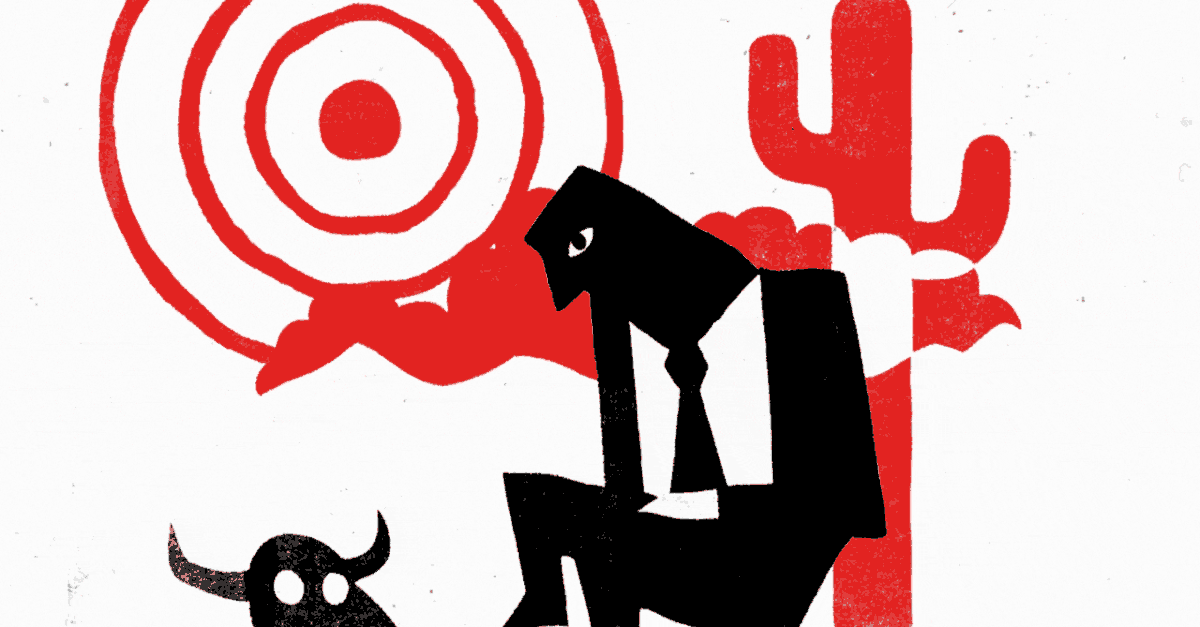What do you do as a central banker in these turbulent times? Inflation is still very high, requiring further interest rate hikes to weaken the economy and reduce inflation. But the banking sector, at least in the West, is reeling. You have to be a little slower with those interest rate hikes, which may put more bank stress.
Two weekends ago, US Silicon Valley Bank had to be bailed out, followed by two other mid-sized banks. Last weekend, Swiss Credit Suisse collapsed. And ahead of this weekend, there was a sudden spike in mistrust of giant Deutsche Bank.
Central bankers in the United States, the European Union, the United Kingdom and Switzerland have opted for inflation control over the past week and a half. Although investors were somewhat relieved by the perception that interest rates may be cut in the near future, they raised their interest rates.
All in all, it’s a tough but manageable dilemma. But what if there is a third factor to consider? Could this be a trilemma? And then it gets more complicated.
In that third factor, a fierce and potentially disastrous political battle over the U.S. debt ceiling is looming this summer. The financial market it struggles with, the market for US government bonds, has long ceased to be the reliable and peaceful market it once was.
First the Debt Ceiling: After World War I, the US Congress limited the maximum amount the federal government could borrow. That ceiling, the credit limit, is usually raised steadily as actual debt begins to approach it.
Problem: In recent decades, the debt ceiling has become highly politicized. The opposition parties in Congress used it to do other things. Low or high taxes or social spending, or a bridge in the state of an influential member of the House. There have been frequent shutdowns of some government services and other spending cuts pending a political solution. At times, as in 2011, rating agencies have gone so far as to downgrade the US’s credit rating.
And now the ceiling has to be raised again because the debt has reached its peak. Republican Kevin McCarthy was elected Speaker of the House of Representatives in February, condemned by a small ultra-conservative faction over his desire to make the debt ceiling a political issue.
What’s different this time is that there still don’t seem to be any real demands to raise the debt ceiling, other than a government ban. It’s like negotiating with a hostage who has no choice but to hold him hostage, noted New York magazine.
What is the deadline? Treasury Secretary Janet Yellen has already said that the government can last until early summer with all sorts of fiscal tricks, but after that the government will be irrevocably stuck. Credit rating agency Moody’s reckons the national debt will have a huge interest payment due in mid-August. Then the money is literally gone and you risk losing interest on the US government debt. That would be a blow: America and its financial markets are at the center of the international financial system.
Complicating the issue is that the health of the US government bond market leaves much to be desired. There is relatively less trading than before and this makes the prices of government bonds more volatile than before. An elite group of so-called primary dealers — banks that buy government securities directly from the government, resell them to investors and serve the market — is a key reason. Their daily trading in U.S. government bonds has fallen from 6 percent of total government bonds outstanding before the financial crisis to 2 percent now. Other investors, including speculative hedge funds, have partially held their ground.
Now that the market is threatening to become more speculative, volatility, ‘movement’, is increasing. Price fluctuations can widen and fluctuations in interest rates – which move inversely to the price of government bonds – as well. Merrill Lynch’s Move index, which measures volatility like the VIX index for stocks, shows the government bond market has been nearly as wild in recent weeks as it was during the 2008 financial crisis.
Why is this relevant? The US government bond market is vital to the international financial system. It just needs to keep working. Rising interest rates add to stress.
Thus, in addition to the stability of banks, another factor is added to counter the fight against inflation by raising interest rates.
US and European central bank balance sheets now hold huge amounts of government bonds. This is reflected in their total balance sheet.
There is a greater incentive to use that role to actively influence, and if necessary control, the markets for long-term government bonds through purchases and sales. The Bank of Japan has been doing this for years.
But first, when the war over the debt ceiling really breaks out in the summer, we need to make sure that all the interest rates to fight inflation are already in place. This may be one of the reasons central banks have continued to act over the past week and a half.
Correction (March 30, 2023): The last chart read “millions” instead of “billions”. It was fixed.
A version of this article appeared in the March 25, 2023 issue of the newspaper.

“Award-winning beer geek. Extreme coffeeaholic. Introvert. Avid travel specialist. Hipster-friendly communicator.”








